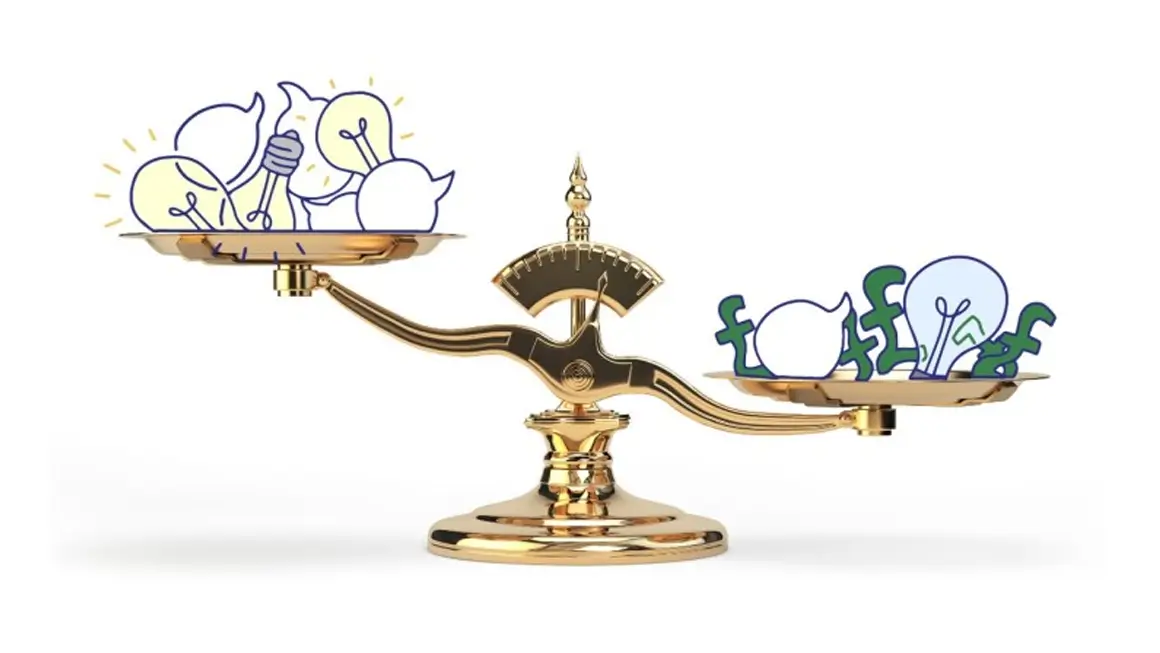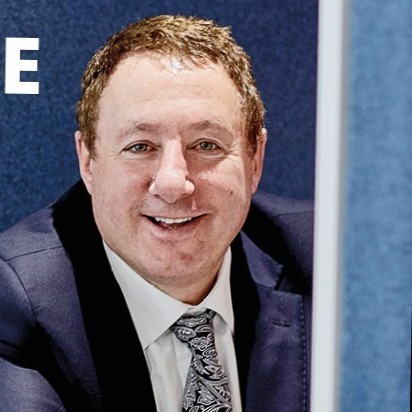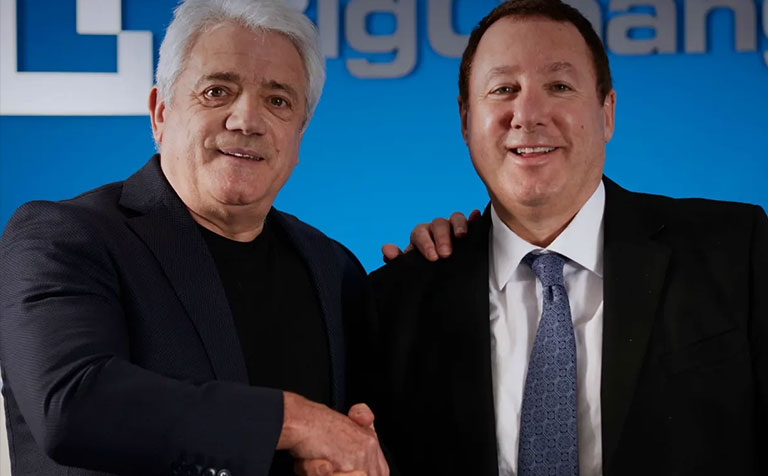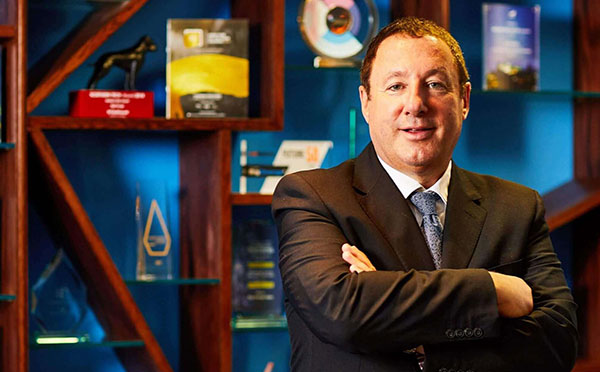The hidden value in free advice

When building a business, you encounter many challenges. From the ordinary growth stresses to extraordinary curveballs (like pandemics, for example). In those situations, most leaders will ask the advice of someone they trust – or someone who has been through a similar experience.
But do they listen to that advice and act on it?
The answer is: it depends. Studies show that when leaders pay for advice by hiring consultants or industry experts, they are more likely to follow it. But if the advice is freely given, they are less likely to trust it or see its value.
I think this is a mistake, and one that we all must try to avoid.
I’m both a giver and receiver of advice. When I started BigChange, I was lucky enough to be able to turn to family and peers for their take. They never led me astray. The only times in my career that I have made errors in judgement were as a result of paid advice. I once brought in a consultant and ignored my own instincts, making a mistake that I later had to rectify.
When I do my Shop Floor days, I meet BigChange customers out in the world. And while about a quarter of my time is spent talking about our technology platform, the other 75% is me giving free business advice – have you considered x or done y? I would never think of charging for my advice and it brings me real joy when something I’ve said helps a fellow business owner.
But I have noticed that when I meet organisations, and offer my advice for free, the response is somewhere between shock and disbelief. How could my advice be valuable if I’m giving it away for free? The culture of paid advice is pervasive.
There are a few reasons why leaders may choose to ignore free advice. Maybe we worry that they don’t understand the problem fully because we haven’t paid for their time to listen. Perhaps, we sometimes struggle to admit that we don’t know it all? If we take free advice, are we subconsciously admitting that someone who doesn’t even value the advice enough to charge for it knows more than we do? Whatever the psychology, it’s flawed.
So, the next time you need advice, be empirical about how to seek it. Speak to people with experience, or whose instincts you trust, and give them the opportunity to advise you – and benefit from all the warm-and-fuzzies that go along with helping a friend or fellow business owner. Don’t immediately go down the consultant route or presume that paid advice is best.
That’s my advice, take it or leave it.



